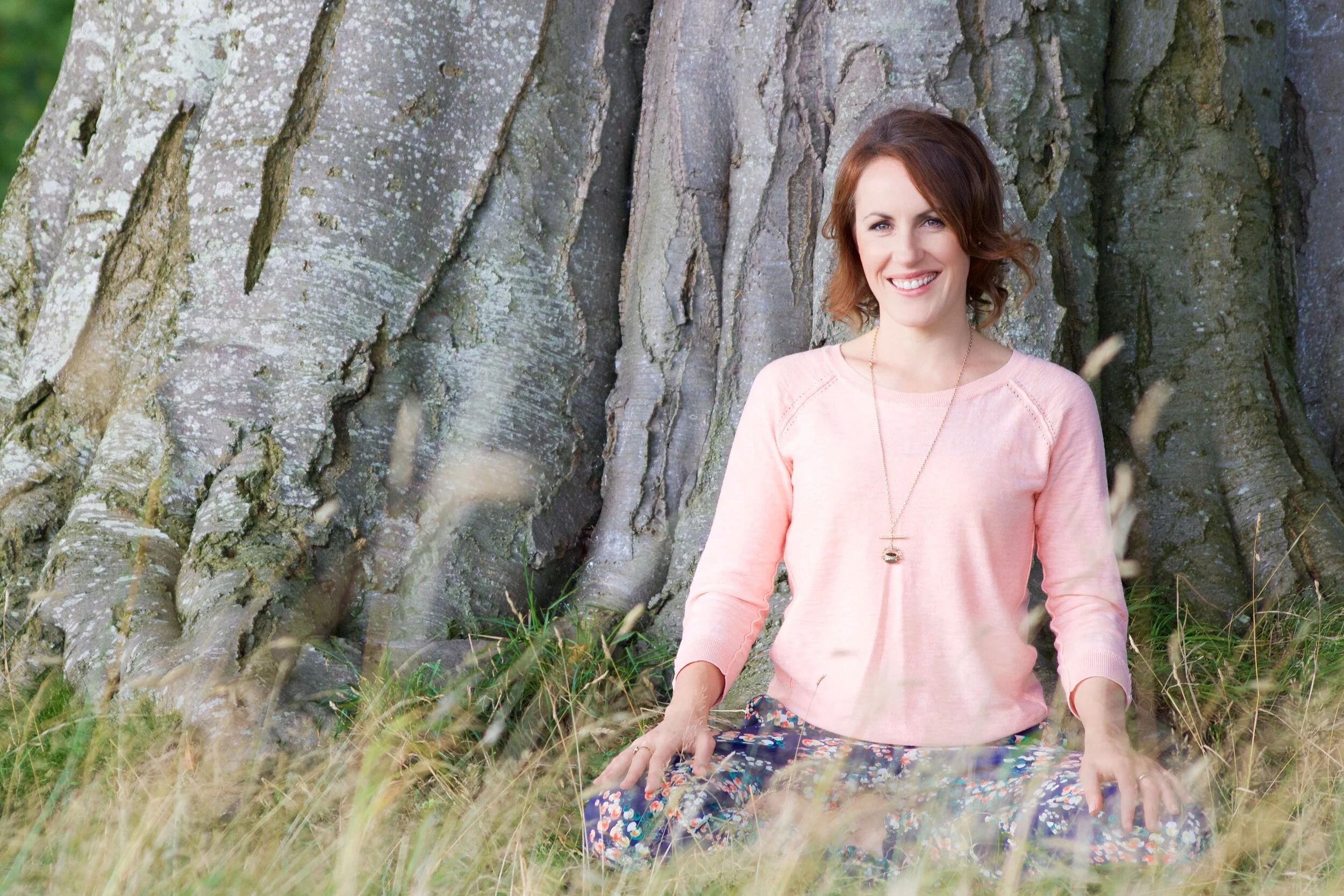Calm the Critic
Domhnall O’Donoghue explores why we all find it so hard to stop criticising ourselves and discovers that all we need to do is throw a tantrum.
Last year, chatting to one of the national newspapers about my school days, the interviewer asked me what advice would I give to my younger self.
“Be kind - particularly to yourself,” I immediately replied. “There will be enough people in the world ready to criticise you; don’t be one of them.”
If I had a euro for the number of times that I’ve heard people berate or judge themselves, I would have enough money to buy the entire population of Ireland an ice-cream cone - with change left over. Frustratingly, these self-criticisms - which range from personal appearances to professional capabilities - are rarely founded on evidence.
“I’m not good enough.”
“I’d only get in the way.”
“This is all my fault.”
“I’m too fat. Too skinny. I’ve nothing to wear.”
“Don’t take a photo - I look awful today.”
How often I think: If only you appreciated yourself the way the rest of us do.
And the reason that I’m so acutely aware of these self-critical impulses is that I am guilty of it myself. For so many of us, it is second nature to undervalue ourselves and diminish our achievements. As a result, we fault, doubt and blame ourselves daily - and, often, we’re not even aware that we’re doing it. We clip our wings as often as we clip our nails - much to the detriment of our mental health and self-worth. We would never dream of saying these things to our parents, partner or friends, so why do we think it’s acceptable to say them to ourselves?
A moment of self-criticism can instantly shatter our mood and form. It can prevent us from reaching our full potential - not just in passing situations but in the long term. I used to justify the scoldings I would give myself - “It motivates me and makes me want to work harder and better”. Unsurprisingly, I’ve yet to listen to a single motivational podcast or read a self-help book that encourages me to hate myself to achieve success.
I recently decided that enough was enough. To live a whole, rich life and realise our true potential, we must break - nay, smash - these habits. Better yet, if we imagine these self-critical thoughts as dandelions and blow the seeds into the wind, do you know what we can then replace them with?
Self-love.
While this simple concept could be framed by some as mere vanity or selfishness, for me, self-love allows us to appreciate our worth and have regard for our happiness. It encourages us to accept and embrace our mistakes or limitations, rather than dousing ourselves in shame.
Transformational life coach Brona Malone, from Power in You Coaching, tells me: “Self-love produces healthier relationships both with ourselves and others, better health, increased energy levels, better bank balances and just the all-around sense of peace and contentment that comes from being comfortable in our skin.”
It sounds so appealing, yet so many of us - including myself - can resist it. I ask Brona why we often gravitate towards what feels secure and familiar: negative thinking.
“Each of us has an inner thermostat setting that determines how much love, success, and creativity we allow ourselves to enjoy,” she believes. “When we exceed our inner thermostat setting, we will often do something to sabotage ourselves, causing us to drop back into the old, familiar zone where we feel secure.”
Interestingly, Brona notes that self-love also allows us to explore our shadow and dark side.
“Without self-love, we look to banish and hide the parts of us we don’t like, accept or love. We push away uncomfortable emotions and past experiences that have happened to us that we would rather forget.
“This forms what Carl Jung named as the ‘shadow’. It is our shadow and lack of self-love that fuels our self-sabotage, addictions and negative patterns, thinking, habits and behaviours.”
To get to a place of self-love, Brona shares some practical tips.
She advises: “Look at all the ways you don’t feel you are being loving towards yourself and use each of them as a doorway of opportunity to love yourself. Awareness is the first step to changing a pattern. Acceptance is the second. From there, you can begin exploring, changing and transforming your mindset to be more loving.”
One way of achieving this, which appeals to the writer in me, is to start a spring-cleaning journal.
“Grab that journal and dump those feelings and thoughts,” Brona suggests. “Stop holding onto them with your judgements; instead, take them all to paper and let them pass through. Your spring clean allows your ego to have its tantrum, so you can move on to hear your inner voice and wisdom more clearly.”
As my dear mother will attest, if there’s one thing I’m good at, it’s having a tantrum. So you see, I’m becoming quite proficient at self-loving already.


